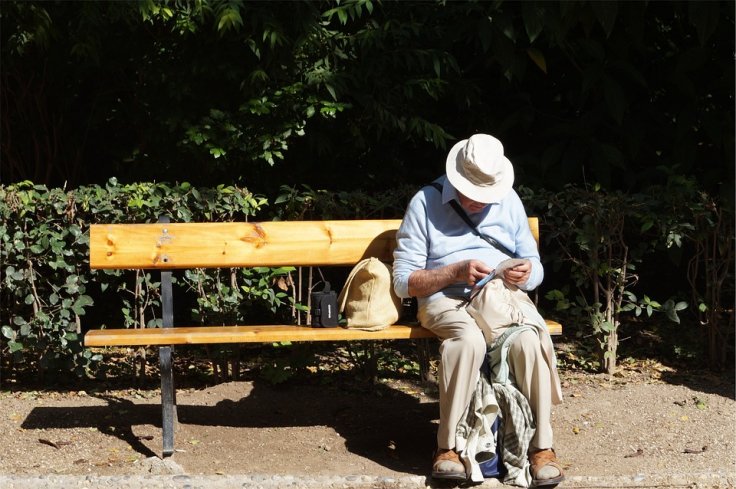
A group of Japanese researchers have built a machine-learning method that can recognise dementia with 90 percent precision by interpreting conversations between people and computer avatars.
In this procedure, a machine learns the sound of old people who answered simple questions through avatars in a computer.
For instance, a delay in responding to questions depending upon the kind of problem, sound, verbalization rate of the voice, and the percentage of verbs and nouns in expression are taken into account. By analyzing these factors, the PC could recognize the condition with 90 percent precision, a researcher from Osaka University and Nara Institute of Science and Technology said.
"If this technology is further developed, it will become possible to know whether or not an elderly individual is in the early stages of dementia through conversation with computer avatars at home on a daily basis," Takashi Kudo said.
"It will encourage them to seek medical help, leading to early diagnosis," Kudo added.
The study was distributed in the IEEE Journal of Translational Engineering in Health and Medicine.
The researchers proposed machine learning calculations for identifying indications of dementia in its beginning periods, building up a dementia identification system using intuitive PC symbols. They created a model for machine learning based on features of discourse, dialect, and appearances from recorded exchanges with elderly members.
A PC could recognise individuals with dementia from those who are healthy at a rate of 90 percent in just six questions (two-three minutes spent on every question).
This new method to diagnose dementia can make the whole process cheaper and more efficient. In India alone, there are around ten million cases of dementia per year.
Dementia is not a very specific disease. It's often used as an overall term to describe a group of symptoms that are associated with a decline in an individual's memory or other thinking. The deterioration is such that it can affect their everyday lives. Alzheimer's disease makes for 60 to 80 percent of cases in dementia. Mostly, people above 60 years old are affected by it.









